Best Time for Foundation Repairs
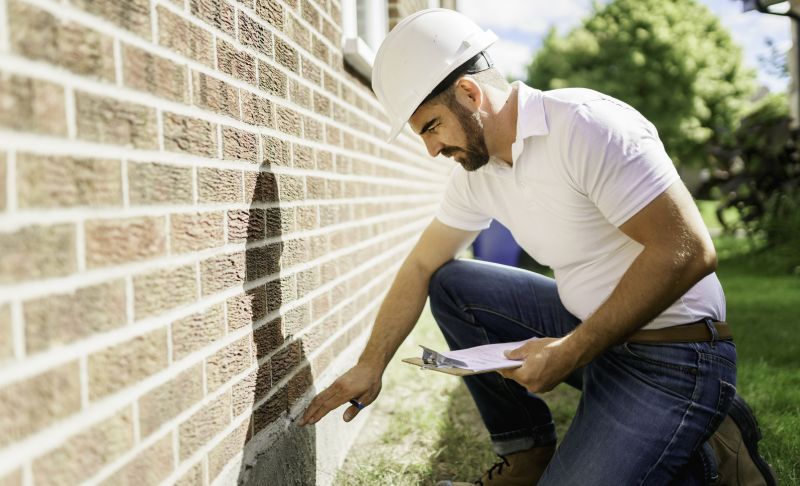
Spring offers moderate weather conditions ideal for foundation repairs, allowing for easier access and effective work.
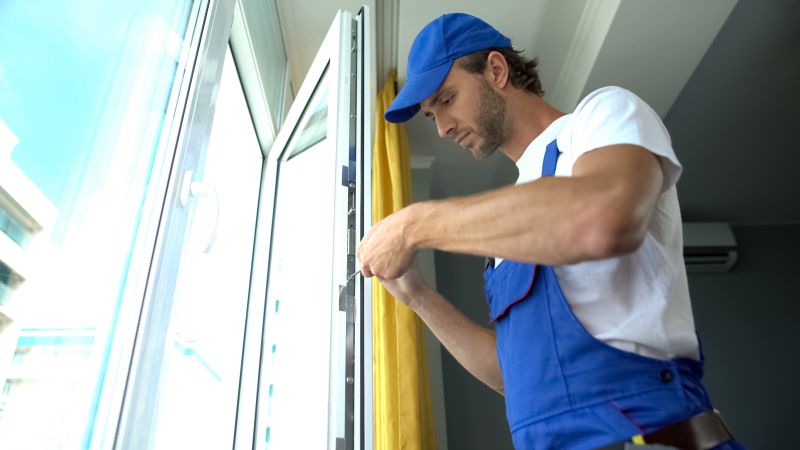
Summer provides longer daylight hours and warm temperatures, facilitating timely and efficient foundation repair projects.
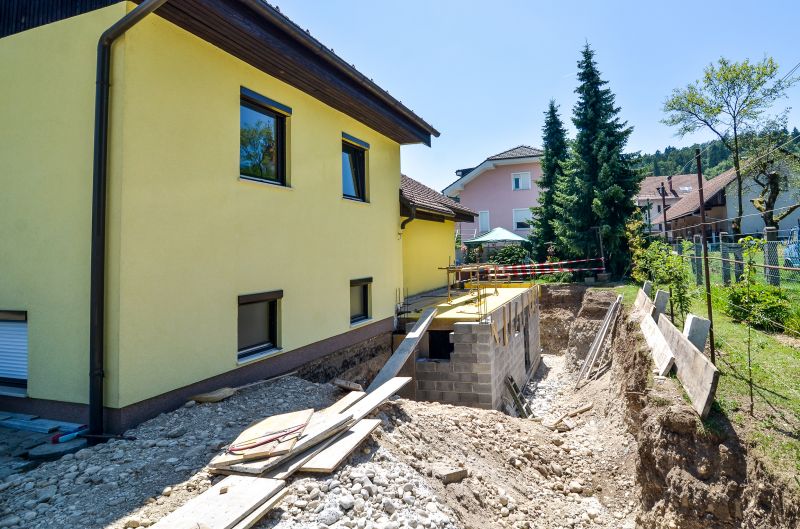
Fall's cooler weather can be suitable for repairs, especially before winter, to prevent further damage caused by freeze-thaw cycles.
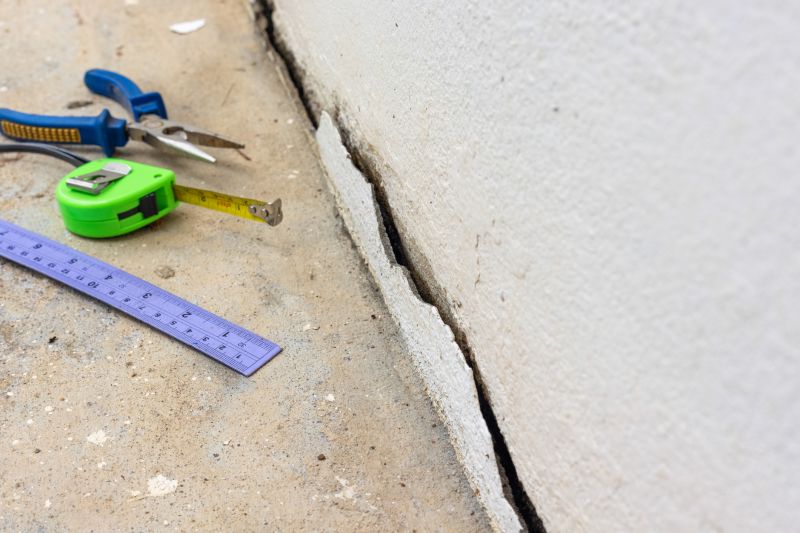
Ways to make Foundation Repairs work in tight or awkward layouts.
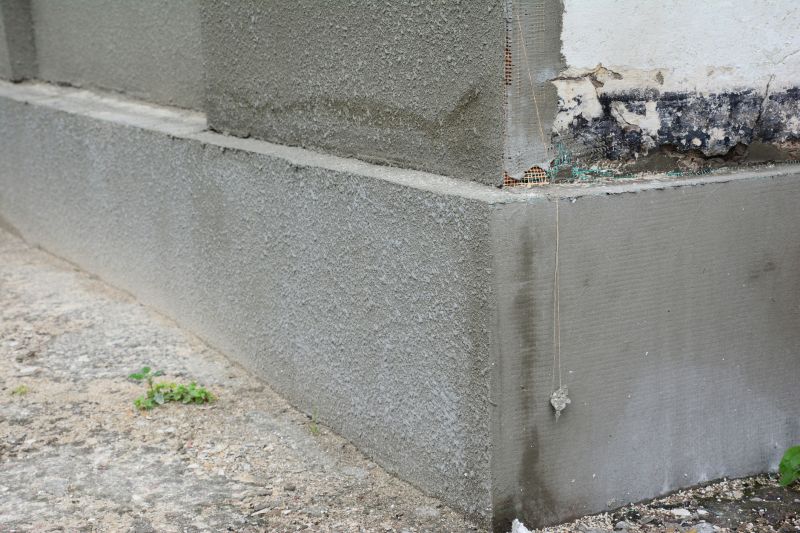
Popular materials for Foundation Repairs and why they hold up over time.
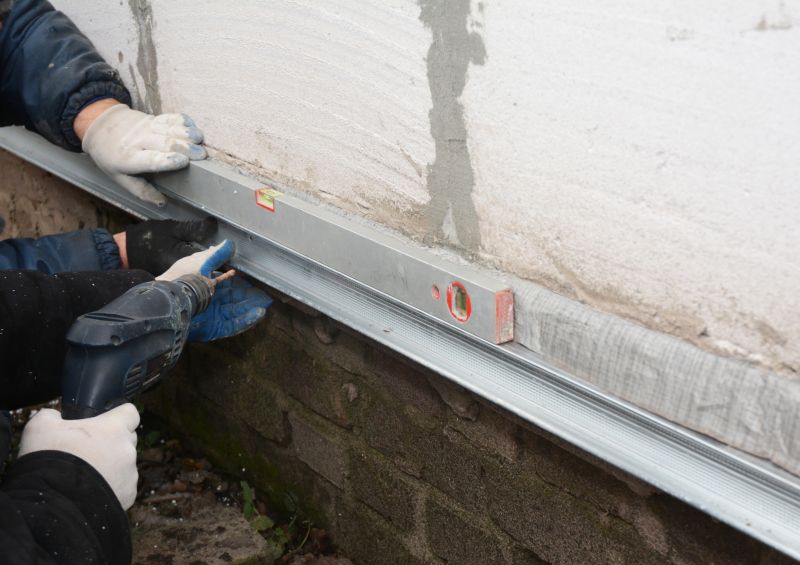
Simple add-ons that improve Foundation Repairs without blowing the budget.
Foundation repairs are essential for maintaining the structural integrity of a building. Timely intervention can prevent more costly damages and ensure safety. The optimal time for repairs depends on weather conditions, soil moisture levels, and the severity of foundation issues.
In regions with Wisconsin's climate, avoiding winter is advisable due to freezing temperatures that can hinder repair work and exacerbate foundation problems. Spring and summer are generally preferred for their conducive weather, allowing for more effective and lasting repairs.
Cracks in walls, uneven floors, and sticking doors may indicate foundation issues requiring repair.
Methods include underpinning, piering, and slabjacking, tailored to specific foundation problems.
A thorough inspection by foundation specialists helps determine the best repair approach and timing.
Soil type and moisture levels significantly impact foundation stability and repair strategies.
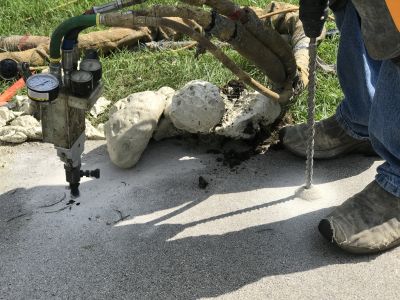
Specialized tools and machinery are used for effective foundation stabilization.
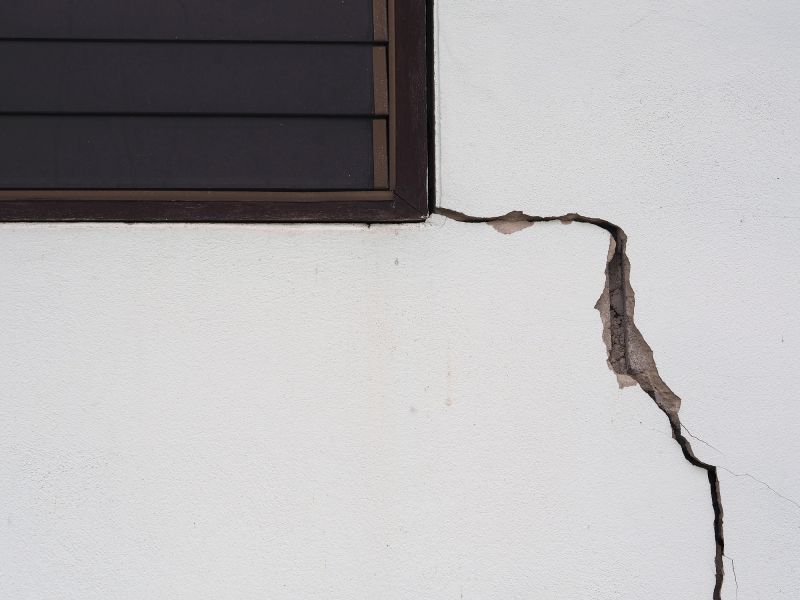
Addressing cracks promptly prevents further structural issues.
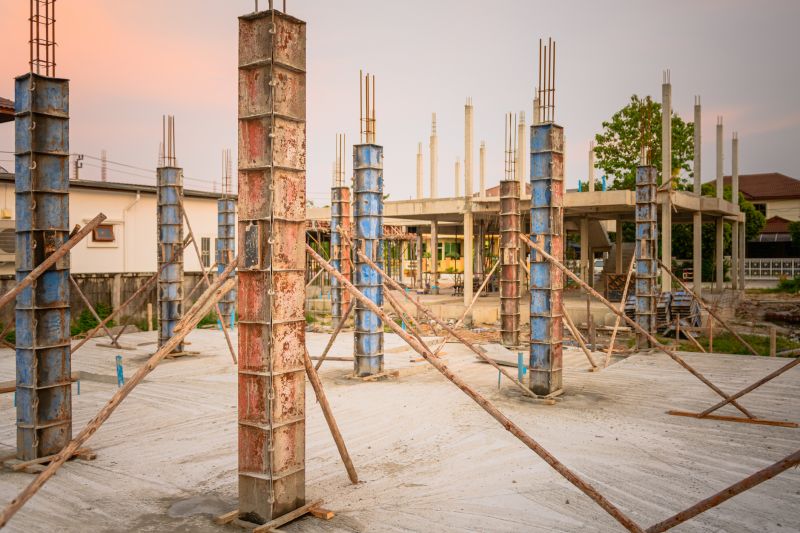
Underpinning with piers restores stability to settled foundations.
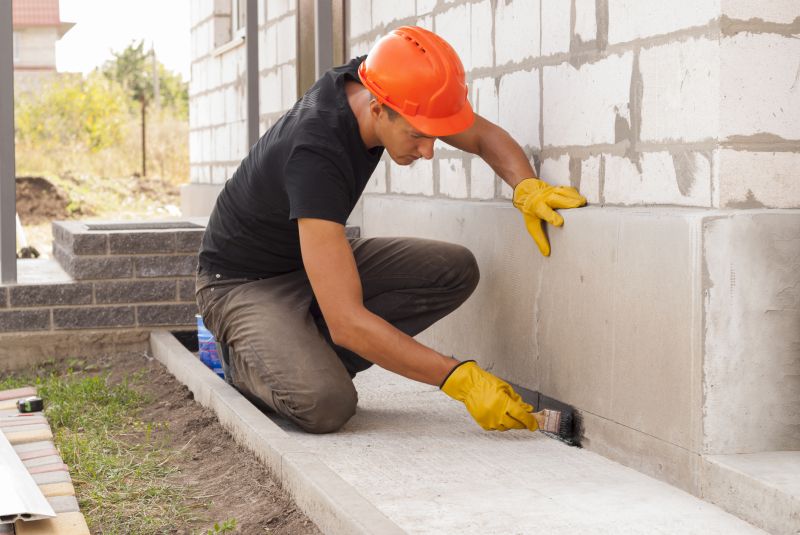
Techniques to improve soil conditions support foundation health.
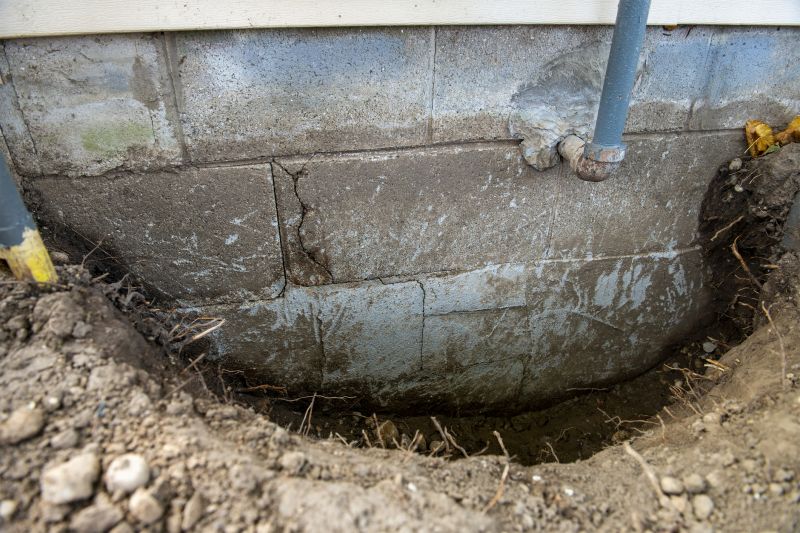
Detailed assessments identify underlying issues early.
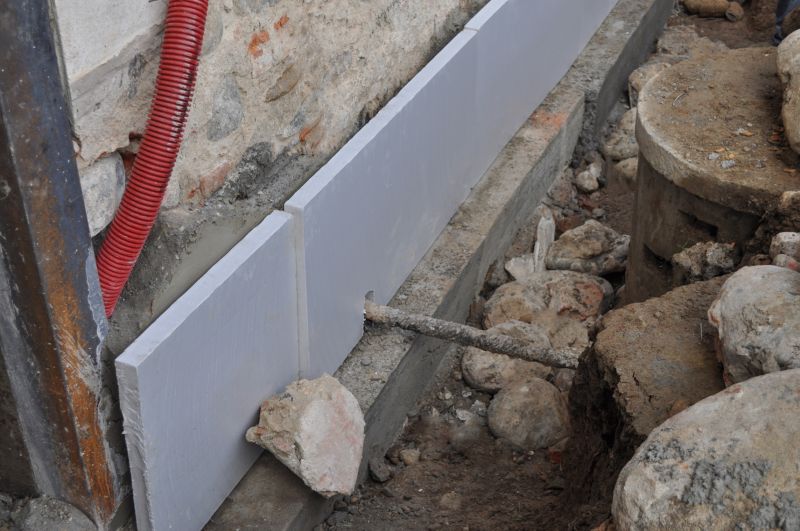
Strengthening existing structures prolongs foundation lifespan.
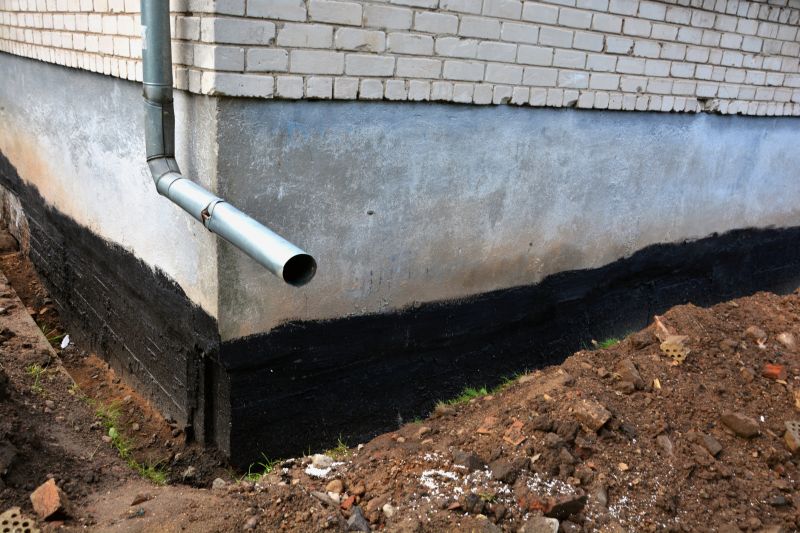
Proper drainage prevents water accumulation around foundations.
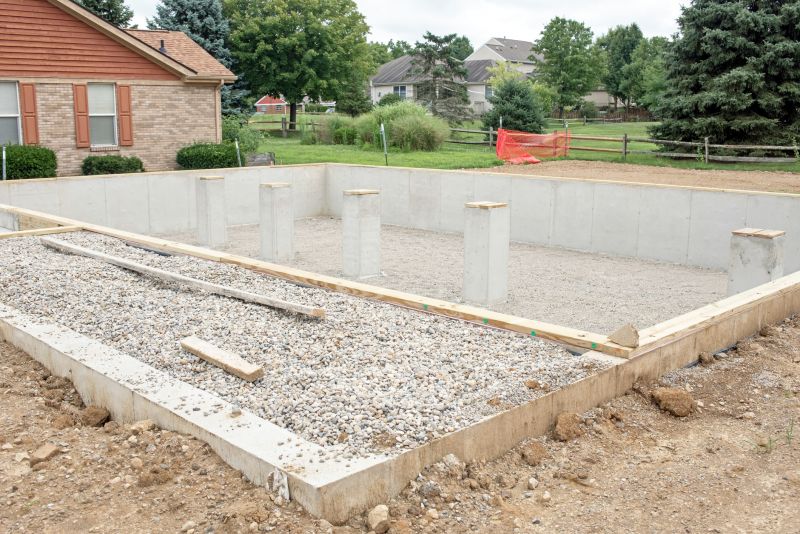
Preparing the site ensures safe and efficient repair work.
| Season | Advantages |
|---|---|
| Spring | Moderate weather, longer days, ideal for repairs. |
| Summer | Warm temperatures, extended daylight, efficient work. |
| Fall | Cooler weather, pre-winter repairs to prevent freeze damage. |
| Winter | Not recommended due to freezing temperatures and limited access. |
Understanding the timing for foundation repairs ensures that work is performed under optimal conditions, reducing the risk of complications and enhancing durability. Proper planning based on seasonal weather patterns can lead to more effective and long-lasting repairs.
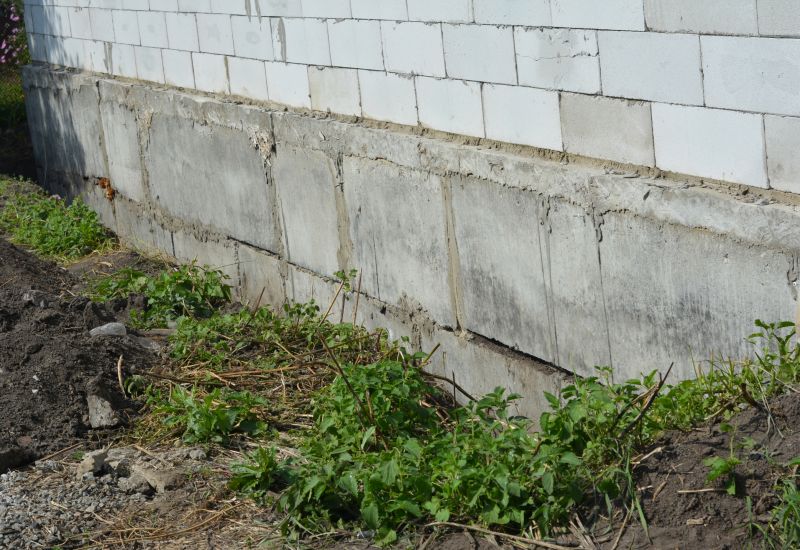
Scheduling repairs during suitable seasons improves outcomes.
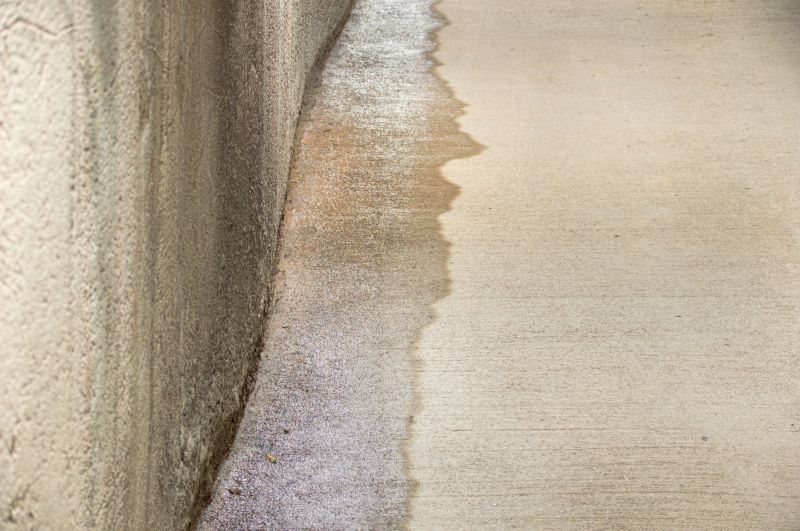
Extreme cold or heat can delay or complicate foundation work.
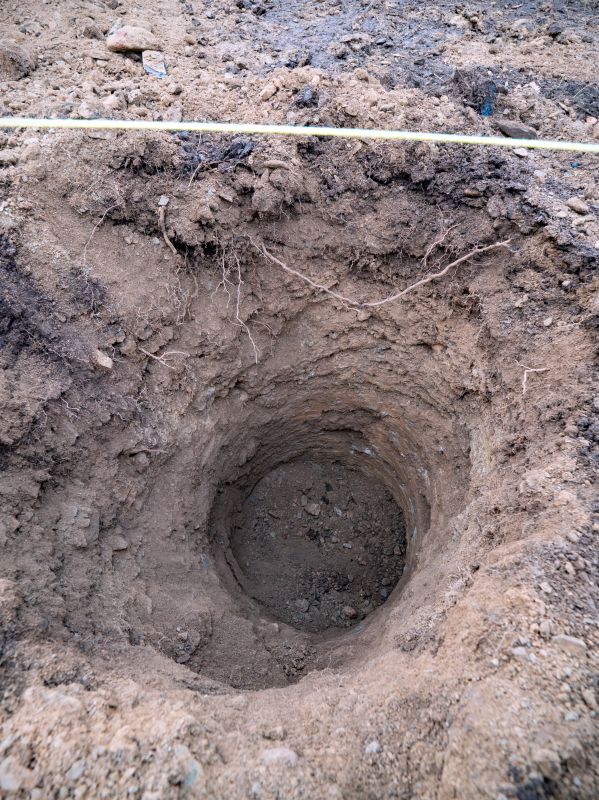
Soil conditions influence repair strategies and timing.
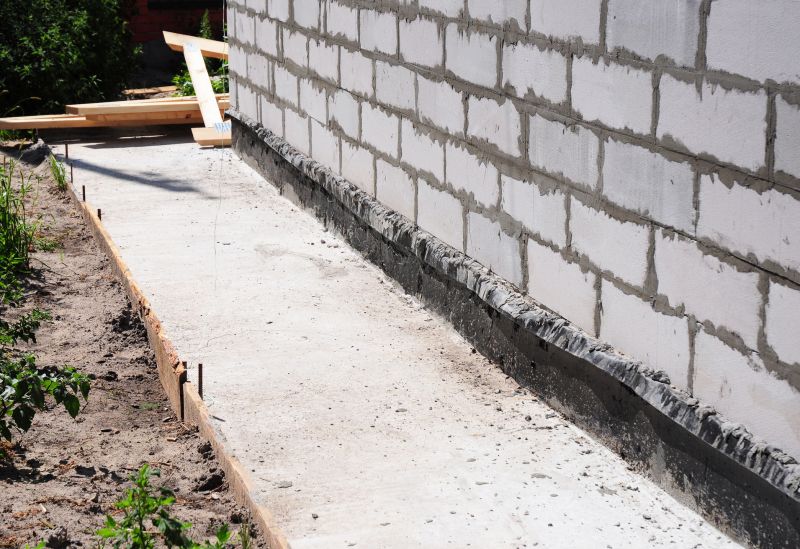
Regular inspections ensure long-term stability after repairs.
Interested parties are encouraged to contact for further information on foundation repair timing and solutions. Proper assessment and timely intervention are key to maintaining structural integrity and avoiding extensive future repairs.

